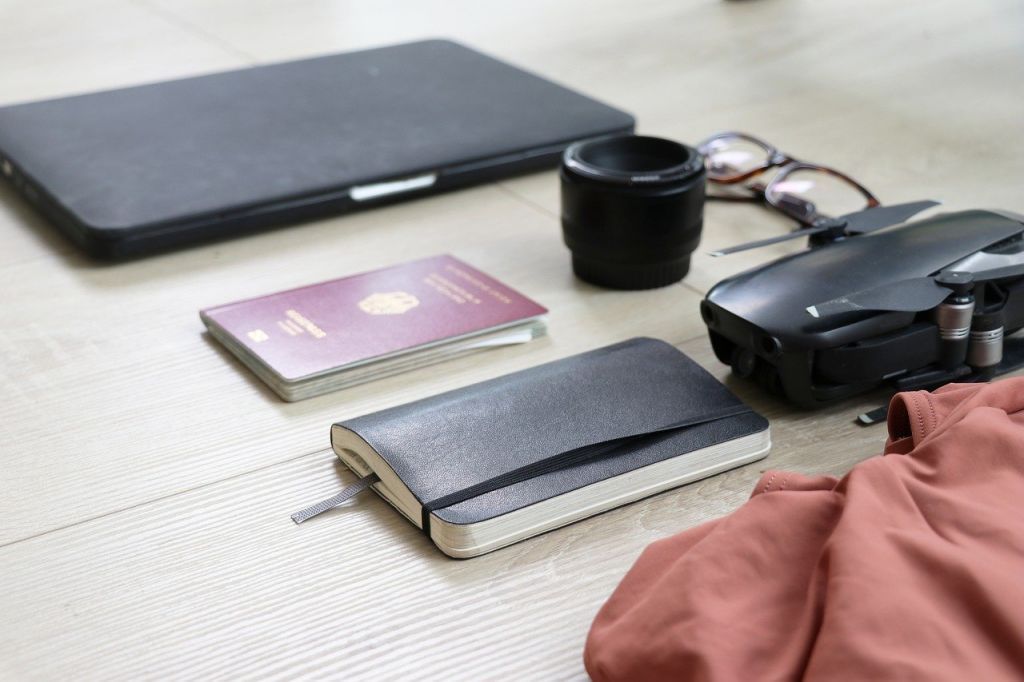Henley & Partners has shed light on the intricate relationship between a country’s openness to foreigners and its citizens’ travel freedom, as measured by the renowned Henley Passport Index. The newly launched Henley Openness Index has ranked 199 countries worldwide according to the number of nationalities they permit entry to without a prior visa.
In a significant shift on the global stage, Japan has been dethroned from its five-year reign as the top-ranking passport on the Henley Passport Index. The latest ranking, based on exclusive data from the International Air Transport Association (IATA), reveals that Singapore now holds the title of the world’s most powerful passport. Singaporean citizens can now visit an impressive 192 travel destinations out of the 227 around the world without the need for a visa. This achievement highlights the increasing global mobility and freedom afforded to Singaporeans.
Previously, Japan claimed the top spot for its citizens, yet this time, Japanese passport holders find themselves sharing the third position with passport holders from six other nations, namely Austria, Finland, France, Luxembourg, South Korea, and Sweden. Citizens of these nations can access 189 destinations without a prior visa. Germany, Italy, and Spain have climbed up the ranks into second place, enjoying visa-free access to 190 destinations.
The United Kingdom, after a six-year decline in ranking, has made a remarkable turnaround, surging two spots to regain its position in 4th place on the index. This achievement mirrors the UK’s ranking in 2017. On the opposite end of the spectrum, the United States continues its downward trajectory, dropping two places to 8th position. American passport holders now have visa-free access to just 184 destinations. Remarkably, nearly a decade ago, both the UK and the US jointly held the first-place ranking.
While some nations have made significant strides in enhancing their citizens’ travel freedom, others continue to grapple with the challenges of limited mobility. Afghanistan remains entrenched at the bottom of the Henley Passport Index, with its citizens having a dismal visa-free score of only 27. Following closely, Iraq and Syria hold the second and third weakest passports globally, with visa-free access scores of 29 and 30, respectively.
Over the past 18 years, there has been an overarching trend towards greater travel freedom worldwide. The average number of visa-free destinations available to travelers has nearly doubled from 58 in 2006 to 109 in 2023. However, the discrepancy between the most and least powerful passports has reached its widest point in history. Singapore, occupying the top position, has 165 more visa-free destinations than Afghanistan, which finds itself at the bottom.
The implications of a powerful passport extend far beyond convenience for travelers. Passport strength often correlates with a nation’s geopolitical influence, economic stability, and diplomatic relations. Countries with strong passports can foster increased trade, attract foreign direct investment, and promote tourism.
Singapore’s rise to the top reflects the city-state’s global appeal and reputation as a major financial hub. The country’s robust economy and stability have provided its citizens with increased mobility and opportunities for international collaboration. While Japan’s drop may be disappointing, the country continues to hold strong diplomatic relations and a highly regarded passport.
For the United Kingdom, the surge in ranking comes as a welcome development after years of uncertainty surrounding Brexit. The newfound stability has bolstered the UK’s position and serves as a testament to its global standing. Conversely, the declining strength of the US passport raises questions about the nation’s influence and perceptions abroad.
The Top 20 ‘most open’ countries are all small island nations or African states, except for Cambodia. There are 12 completely open countries that offer visa-free or visa-on-arrival entry to all 198 passports in the world (not counting their own), namely: Burundi, Comoro Islands, Djibouti, Guinea-Bissau, Maldives, Micronesia, Mozambique, Rwanda, Samoa, Seychelles, Timor-Leste, and Tuvalu. At the bottom of the Henley Openness Index, four countries score zero, permitting no visa-free access for any passport: namely, Afghanistan, North Korea, Papua New Guinea, and Turkmenistan. They are followed by five countries that provide visa-free access to fewer than five other nationalities: namely, Libya, Bhutan, Eritrea, Equatorial Guinea, and India.
While American passport holders can access 184 (out of 227) destinations visa-free, the US itself only allows 44 other nationalities to pass through its borders visa-free, putting it way down the Henley Openness Index in 78th place (compared to 8th place on the Henley Passport Index). When comparing the two rankings, the USA’s disparity in access versus its openness is the second biggest, narrowly trailing only Australia (and barely outpacing Canada). New Zealand and Japan also make it into the Top 5 countries with the biggest difference between the travel freedom they enjoy versus the visa-free access they provide to other nationalities. It is interesting to note that these five nations have all either dropped down the Henley Passport Index rankings or remained in the same place over the last ten years.
With the world becoming increasingly interconnected, passport strength has emerged as a key indicator of a nation’s global standing. As citizens enjoy greater travel freedom, the ability to explore new cultures, forge international connections, and contribute to global collaboration becomes more accessible. The Henley Passport Index serves as a reminder of the evolving nature of global mobility and highlights the countries leading the way in providing their citizens with expanded travel opportunities.













